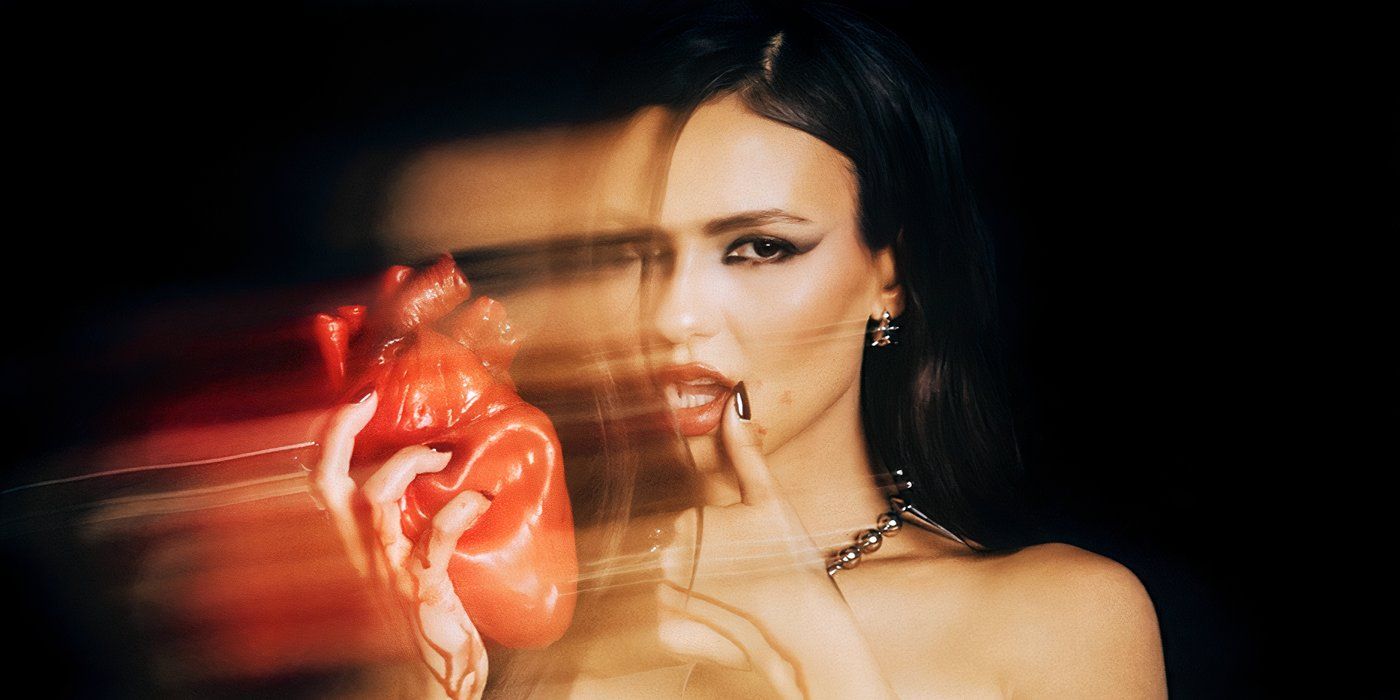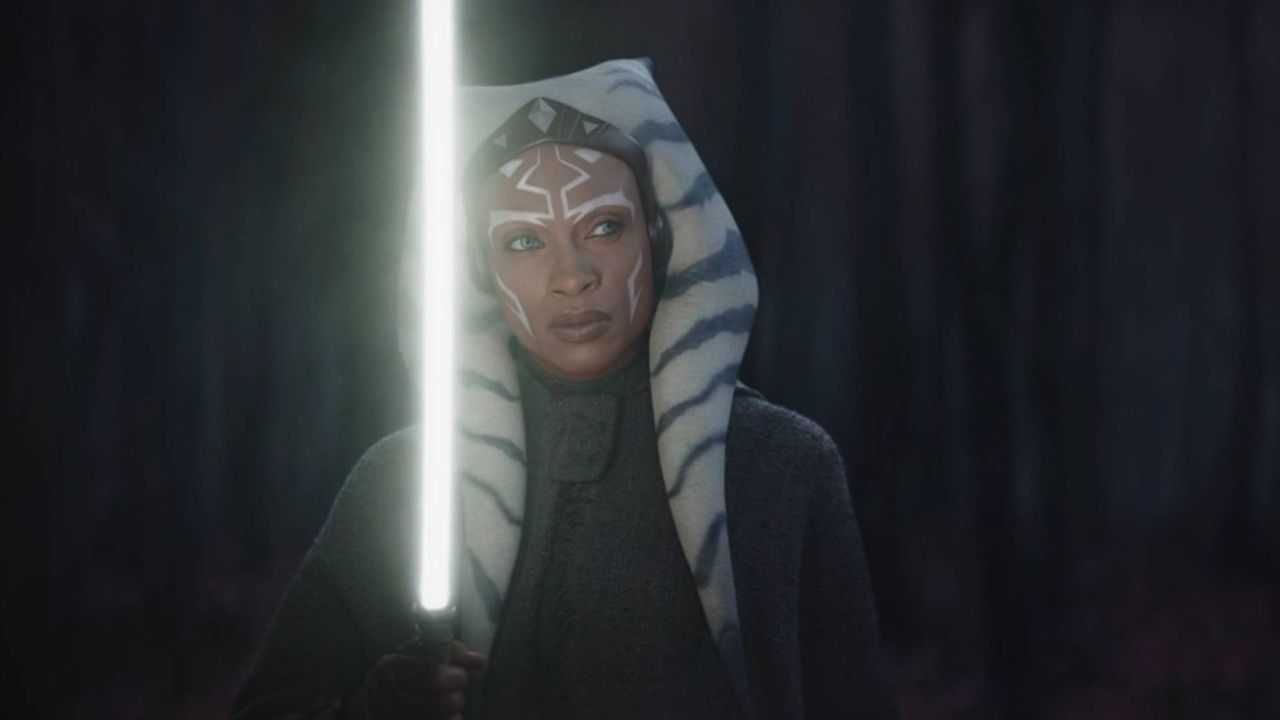Victoria Justice’s ‘Love Zombie’ is a Cultural Resurrection that Challenges the Authenticity of Artistic Expression in the Age of TikTok and Viral Fame
Victoria Justice is bringing dance and fun to the scares and screams of Halloween with the release of her new single “Love Zombie.” Originally recorded when Justice was just 17, this track never saw an official release until now. The song’s journey to light has been anything but straightforward. An unofficial version was leaked online and circulated among fans for years, creating a cult following that kept the song alive in the public consciousness.
However, it wasn’t until 2024 that “Love Zombie” truly exploded into the mainstream, propelled by the viral nature of TikTok. The platform has become a significant cultural force, capable of resurrecting forgotten songs and turning them into chart-topping hits overnight. TikTok videos featuring “Love Zombie” garnered millions of views, sparking a renewed interest in Justice’s music and reigniting conversations about her artistic identity.
The phenomenon of older, unreleased tracks gaining traction on social media is not new, but the sheer scale of TikTok’s influence has changed the landscape of music marketing and consumption. Artists and record labels are now faced with the challenge of navigating this new terrain, where virality can determine a song’s success more than traditional avenues of promotion.
Justice’s experience raises critical questions about the nature of artistic ownership and the role of social media in shaping public perception. When a song is leaked and gains a following, who truly owns that piece of art? The artist, who may never have intended for it to be released, or the fans who have embraced it and given it new life? This debate is particularly poignant in the current digital age, where content can spread like wildfire, often without the creator’s consent.
Moreover, Justice’s return to “Love Zombie” can be seen as a commentary on the nature of nostalgia in pop culture. The song taps into a longing for the past, both for Justice and her fans, who have grown up with her since her early days on Nickelodeon. This revival of interest in her music coincides with a broader trend of reboots and remakes in entertainment, where familiar stories and characters are revisited for new audiences.
In many ways, “Love Zombie” serves as a metaphor for the current state of the music industry, where artists must constantly adapt to changing trends and platforms. The pressure to remain relevant and visible in an oversaturated market can lead to a sense of disconnection from one’s own work. For Justice, revisiting a song from her teenage years may be a way to reclaim her narrative and reestablish her place in the industry.
The song’s Halloween theme also adds another layer of complexity to its release. Halloween is a time when the boundaries between the familiar and the strange blur, allowing for a playful exploration of identity and persona. “Love Zombie” fits neatly into this framework, allowing Justice to embrace a more whimsical and adventurous side of her artistry. The juxtaposition of dance and horror elements in the song reflects a growing trend in pop culture where genres are increasingly blended, creating a more fluid understanding of artistic expression.
TikTok’s role in this revival cannot be overstated. The platform has democratized music discovery, allowing users to share their interpretations and creative expressions, often leading to unexpected success stories. For Justice, this means that her music can reach audiences she may not have connected with otherwise, bridging generational gaps and fostering a sense of community among fans.
However, this new landscape also poses challenges. The rapid pace of trends on social media can lead to a fleeting sense of relevance, where today’s viral hit is tomorrow’s forgotten tune. Artists must now contend with the pressure to continuously produce content that resonates with the ever-changing tastes of their audience. For Justice, balancing the nostalgia of “Love Zombie” with the demands of contemporary pop culture will be crucial as she navigates her career moving forward.
As “Love Zombie” makes its official debut, the conversation surrounding its release will likely continue to evolve. Fans will undoubtedly engage in discussions about the implications of its revival, the nature of artistic ownership, and the intersection of nostalgia and modernity in music. Justice’s decision to revisit this fan-favorite song is not just a nod to her past; it is a bold statement about the complexities of artistry in the digital age, where the lines between creator and consumer are increasingly blurred.
The song’s release serves as a reminder that even in a rapidly changing cultural landscape, the power of music to connect people and evoke emotions remains timeless. As Justice steps back into the spotlight with “Love Zombie,” she not only revives a piece of her own history but also sparks a broader dialogue about the future of music, identity, and the impact of social media on artistic expression.
Victoria Justice is bringing dance and fun to the scares and screams of Halloween with the release of her new single “Love Zombie”. The song was originally recorded when Justice was 17 years old, but never officially released. The unofficial version was leaked online and listened to by fans for years. But it wasn’t until 2024 when “Love Zombie” caught fire. TikTok videos that reached millions upon millions of views started trending and going viral.




